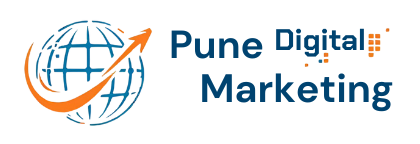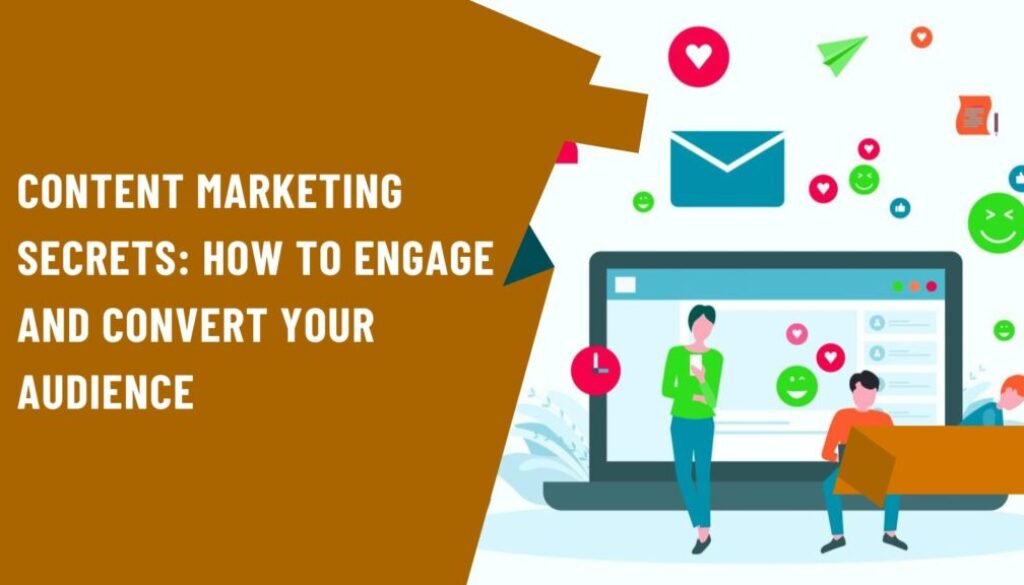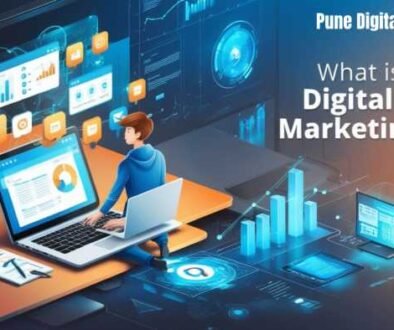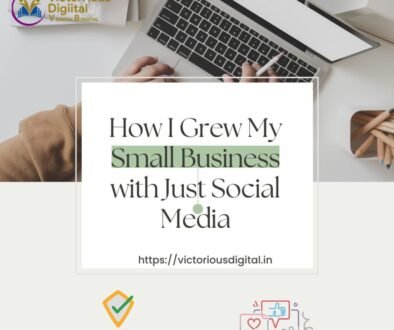Content Marketing Secrets: How to Engage and Convert Your Audience
In today’s digital landscape, content marketing has become a vital strategy for businesses looking to engage and convert their audience. But what exactly is content marketing? It’s more than just creating and sharing content; it’s about crafting valuable, relevant, and consistent content to attract and retain a clearly defined audience. The ultimate goal is to drive profitable customer action. Engaging content is crucial because it not only grabs attention but also builds trust and fosters loyalty. And when it comes to conversions, it’s about turning those engaged audiences into paying customers, which is the endgame for any business.
Understanding Your Audience
Before you can create content that resonates, you need to understand who you’re speaking to. Identifying your target audience is the first step. This involves analysing demographics, behaviours, and preferences to create detailed audience personas. These personas help you tailor your content to meet the specific needs and desires of your audience. Understanding what your audience wants and how they consume content will guide your content creation process and ensure your messages hit the mark.
Crafting Compelling Content
One of the secrets to successful content marketing is the art of storytelling. Stories captivate, inspire, and create emotional connections with your audience. Alongside storytelling, using visuals such as images, infographics, and videos can significantly enhance engagement. Visual content is processed faster by the brain and is more likely to be shared on social media. Additionally, writing captivating headlines is essential; a great headline can make the difference between someone clicking on your content or scrolling past it.
Content Formats and Their Impact
Different content formats serve different purposes and can appeal to various segments of your audience. Blog posts are great for providing detailed information and improving your website’s SEO. Videos and webinars are excellent for visual and auditory learners, offering dynamic ways to present information. Infographics make complex data easy to digest and share, while podcasts provide a convenient way for people to consume content on the go. Diversifying your content formats ensures you reach a broader audience.
SEO and Content Marketing
Search Engine Optimization (SEO) is a crucial component of content marketing. Without SEO, your content might never reach its intended audience. Keyword research and optimization are fundamental practices that help your content rank higher in search engine results. For instance, if you’re offering “digital marketing courses in Pune,” incorporating these keywords naturally into your content can attract local traffic interested in such courses. Local SEO is particularly effective for businesses targeting specific geographic areas.
Distribution Channels
Creating great content is only half the battle; you also need to distribute it effectively. Social media platforms like Facebook, Instagram, and Twitter are powerful channels for reaching and engaging with your audience. Email marketing allows you to deliver personalized content directly to your subscribers’ inboxes. Guest blogging and collaborations can expand your reach by tapping into new audiences. Each channel has its strengths, and using a mix of them can maximize your content’s visibility.
Engagement Strategies
To truly engage your audience, consider incorporating interactive content such as polls, quizzes, and surveys. These elements invite participation and make your audience feel involved. User-generated content, such as customer reviews and testimonials, adds authenticity and can influence potential customers’ decisions. Encouraging your audience to share their own content related to your brand can also create a sense of community and increase engagement.
Conversion Techniques
Once you’ve captured your audience’s attention, the next step is converting them into customers. Effective call-to-actions (CTAs) are essential; they guide your audience on what to do next, whether it’s signing up for a newsletter, downloading a resource, or making a purchase. Well-designed landing pages can enhance conversions by providing a focused and relevant experience. Offering lead magnets, such as free eBooks or exclusive content, can incentivize people to provide their contact information, paving the way for future conversions.
Measuring Success
To determine if your content marketing efforts are paying off, you need to track key performance indicators (KPIs) such as website traffic, engagement rates, and conversion rates. Analysing metrics and data helps you understand what’s working and what’s not. This insight allows you to adjust your strategies and optimize your content for better results. Regularly reviewing your performance ensures you stay on track to achieve your goals.
Content Marketing Tools
Several tools can streamline your content marketing efforts. Content Management Systems (CMS) like WordPress make it easy to create and manage your content. SEO tools such as Google Analytics and SEMrush help you optimize your content for search engines. Analytics and reporting tools provide valuable data that can guide your content strategy and help you make informed decisions.
Case Studies and Success Stories
Learning from others’ successes and failures can provide valuable insights. Case studies of successful content marketing campaigns highlight effective strategies and tactics. For example, brands like HubSpot and Coca-Cola have excelled in content marketing by consistently delivering high-quality, engaging content. Understanding what worked for them can inspire and inform your own approach.
The Future of Content Marketing
The content marketing landscape is constantly evolving. Emerging trends and technologies, such as augmented reality (AR) and virtual reality (VR), are opening new avenues for engagement. The role of AI and automation is also growing, offering opportunities for more personalized and efficient content creation and distribution. Staying ahead of these trends can give you a competitive edge.
Building a Content Marketing Strategy
A successful content marketing strategy starts with setting clear, measurable goals. Whether you aim to increase brand awareness, drive traffic, or boost conversions, having defined objectives will guide your efforts. Creating a content calendar helps you plan and organize your content, ensuring consistent and timely delivery. Budgeting and resource allocation are also crucial; investing in the right tools and talent can make a significant difference.
Challenges in Content Marketing
Content marketing isn’t without its challenges. Common obstacles include creating high-quality content consistently, staying relevant in a crowded market, and measuring ROI. However, these challenges can be overcome with the right strategies and tools. Being adaptable and open to experimenting with new approaches can help you stay ahead.
Conclusion
Content marketing is a powerful tool for engaging and converting your audience. By understanding your audience, crafting compelling content, utilizing SEO, and distributing your content effectively, you can build a strong content marketing strategy. Remember to measure your success and adjust your approach based on data and feedback. With these secrets in hand, you’re well on your way to mastering content marketing.
FAQs
1. What is the most effective type of content for engagement? The most effective type of content can vary based on your audience, but videos, infographics, and interactive content like quizzes tend to generate high engagement.
2. How often should I post content? Consistency is key. Depending on your resources, aim to post high-quality content at least once a week to keep your audience engaged and improve your SEO.
3. What tools can help with content marketing? Tools like WordPress for content management, Google Analytics for tracking performance, and SEMrush for SEO optimization can significantly enhance your content marketing efforts.
4. How do I measure the success of my content marketing efforts? Measure success through key performance indicators (KPIs) such as website traffic, engagement rates, conversion rates, and social media shares.
5. Can content marketing work for small businesses? Absolutely! Content marketing can be highly effective for small businesses, helping them build brand awareness, attract new customers, and compete with larger companies.




